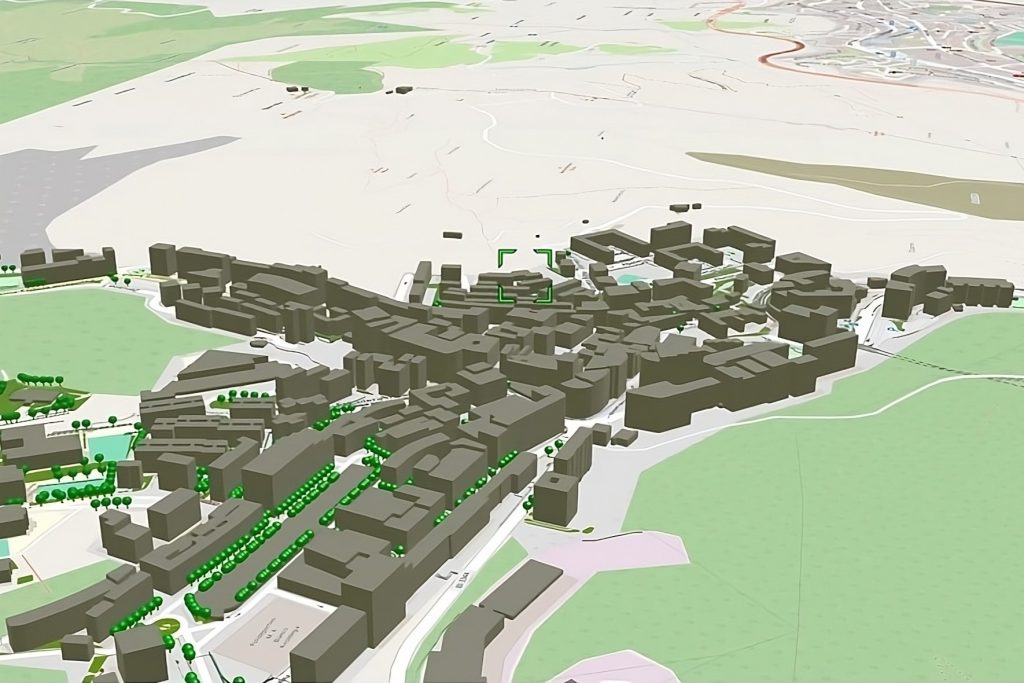
News
News
9 December 2019

Hydroelectric projections in climate change scenarios combined with sectoral information for their adaptation to climate change
Hydroelectric energy is one of the most established sources of renewable energy. It is essential for the energy transition towards a more decarbonised system. Energy generation infrastructures are key, as an interruption to their service would have serious consequences on the effective functioning of cities and industry.
As hydroelectric generation depends on water resources, it is particularly sensitive to the effects of climate change. The “Evaluation of the effects of the hydroelectric scenarios projected for the 21st century” project, on hydroelectric generation, analyses diverse sources of information, which provide hydrological projections in climate change scenarios, and combines its results with sectoral information (characteristics of the hydroelectric power stations, reservoirs, etc.) to evaluate the impact of climate change.
The study of the anticipated impact of climate change on hydroelectric generation transforms the results of the global and regional climate models (rainfall, temperature, etc.) into useful information for decision-making in the sector (essentially available flows for generation). Therefore, it is necessary to develop and calibrate hydrological models. To do so, resources, time, data, expert knowledge, etc. is required.
Recently, institutions of renowned prestige (Directorate General for Water, Copernicus Climate Change Service, World Research Institute, etc.) have generated this type of projections in climate change scenarios, providing public information that can be used to support the adaptation of the sector to the new climate reality.
Along with NATURGY, we are working on this initiative, which relies on the financial and technical support of the Fundación Biodiversidad. This collaboration will enable the methodologies developed to be adjusted to the requirements of the sector, and calibrate them with real operating data.
Actions for the transfer of results to other agents will be implemented, which will facilitate their adaptation to climate change through the evaluation of existing uncertainties and robust decision-making in aspects like repowering, management strategies or new developments.